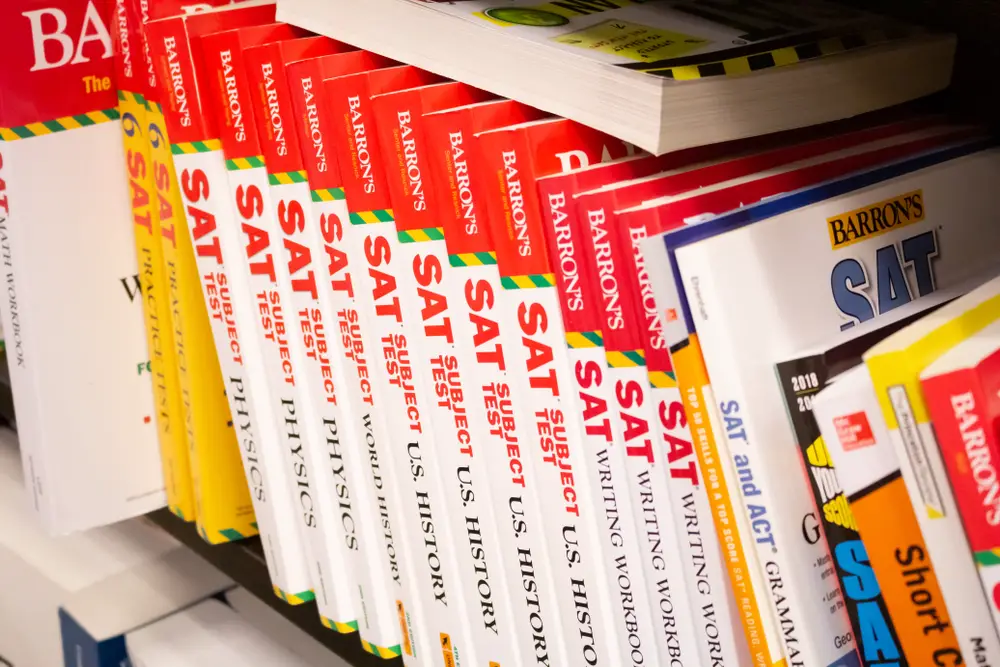The move towards test-optional admissions policies by many universities during the COVID-19 pandemic has cut into the profits of companies that administer standardized tests.
Responsible for creating the Scholastic Aptitude Test (SAT), the College Board reported the hit its operating revenue took in December 2020, dropping from $1.06 billion to $770.8 million.
Meanwhile, Educational Testing Service — the organization conducting the SAT on behalf of the College Board — saw a 22 percent decline in operating revenue as of September 2020. Act Incorporated also disclosed that its total revenues from the ACT test fell 20 percent, $62 million less than 2019.
“It will likely take many years for us to fully understand the implications of recent changes to admissions policies, including the expansion of test-optional admission policies, on ACT test-taking patterns,” ACT Chief Financial Officer Curt Yedlik told Yahoo Finance.
Fewer Tests, More Students
As colleges removed the requirement for standardized tests, applications have surged.
Data from the Common App revealed that the number of college applications increased by 30 percent for the 2021-22 academic year. First-generation students submitted 46 percent more applications than the previous year.
“One of the things that we saw last year was that testing is a barrier for students, particularly those underrepresented in higher education,” Common App President and CEO Jenny Rickard told Yahoo Finance.
Critics of admissions tests argue that the increase in college applications should be proof that standardized test requirements should be permanently removed.
“That is precisely what we’ve long said happened in a test-optional environment. And it was very gratifying to see both the increase in applications and especially the increase of admission at selective institutions,” said Bob Schaeffer, executive director at FairTest.
But the College Board and ACT defend the value and information that their tests provide.
“Some students may decide their application is stronger without test scores, while others will benefit from sending them,” Priscilla Rodriguez, VP of College Readiness Assessments at the College Board, said. “The SAT will remain one of the most accessible and affordable ways for students to distinguish themselves. Preserving a student’s choice to submit scores is important.”



